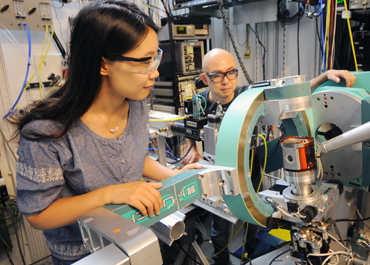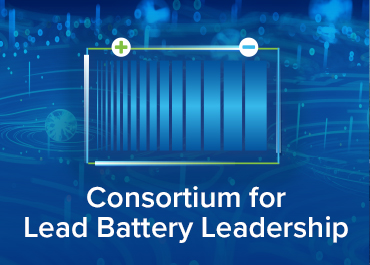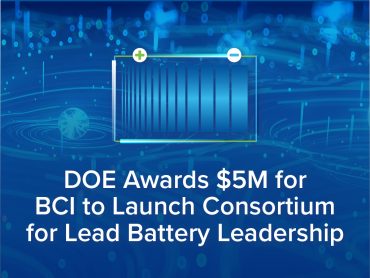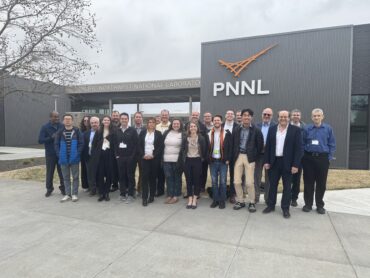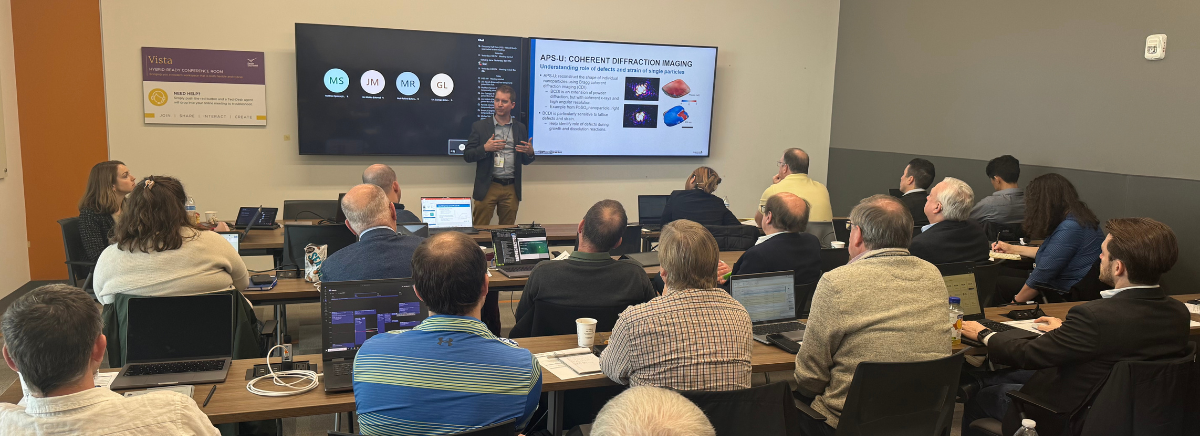
BCI-led group provides industry-funded research platform for next-gen technology
The American Battery Research Group has continued to advance battery innovation in the private sector across the first half of 2025, most notably via industry-funded work on previously undiscovered “expander” molecules that hold the promise of enhanced charging and discharge performance for lead batteries.
The American Battery Research Group (ABRG) provides an independent, trade-association managed platform under the leadership of Battery Council International. The goal of the program is for groups of private industry to collaborate on pre-competitive science and research projects.
ABRG’s first group of U.S. battery manufacturers convened in 2022. The group was founded to identify areas of scientific research to further the performance of lead batteries to meet U.S. energy storage goals. Through partnerships with leading academic institutions and national laboratories, ABRG continues to explore new materials, optimizing battery lifecycles, and ensuring that energy storage solutions remain reliable, efficient, and environmentally responsible.
The industry-funded research program on expanders, or what are more technically called crystallization aids in materials science, is focused on experimentation with new additives that can enhance the charging and discharge performance of lead-based batteries. Given past successes and breakthroughs by ABRG, industry partners are now considering a third round of support for this effort and continued partnership with Argonne National Laboratory in areas of electrochemistry and with the University of Toledo in the synthesis of model molecules.

BCI’s continued support of private sector innovation
Beyond this important research into battery expanders, BCI has been working hard in other areas across 2025 including:
The Consortium for Lead Battery Leadership – A long-term research partnership with the U.S. Department of Energy, the Consortium for Lead Battery Leadership was formed in 2024 after BCI won a $5 million grant award as part of DOE’s Storage Innovations 2030: Technology Liftoff funding opportunity. In March, key stakeholders met at Pacific Northwest National Laboratory to discuss initial experiment plans including cycle life, capacity utilization, crystallization behavior, and technoeconomic analysis and modeling.
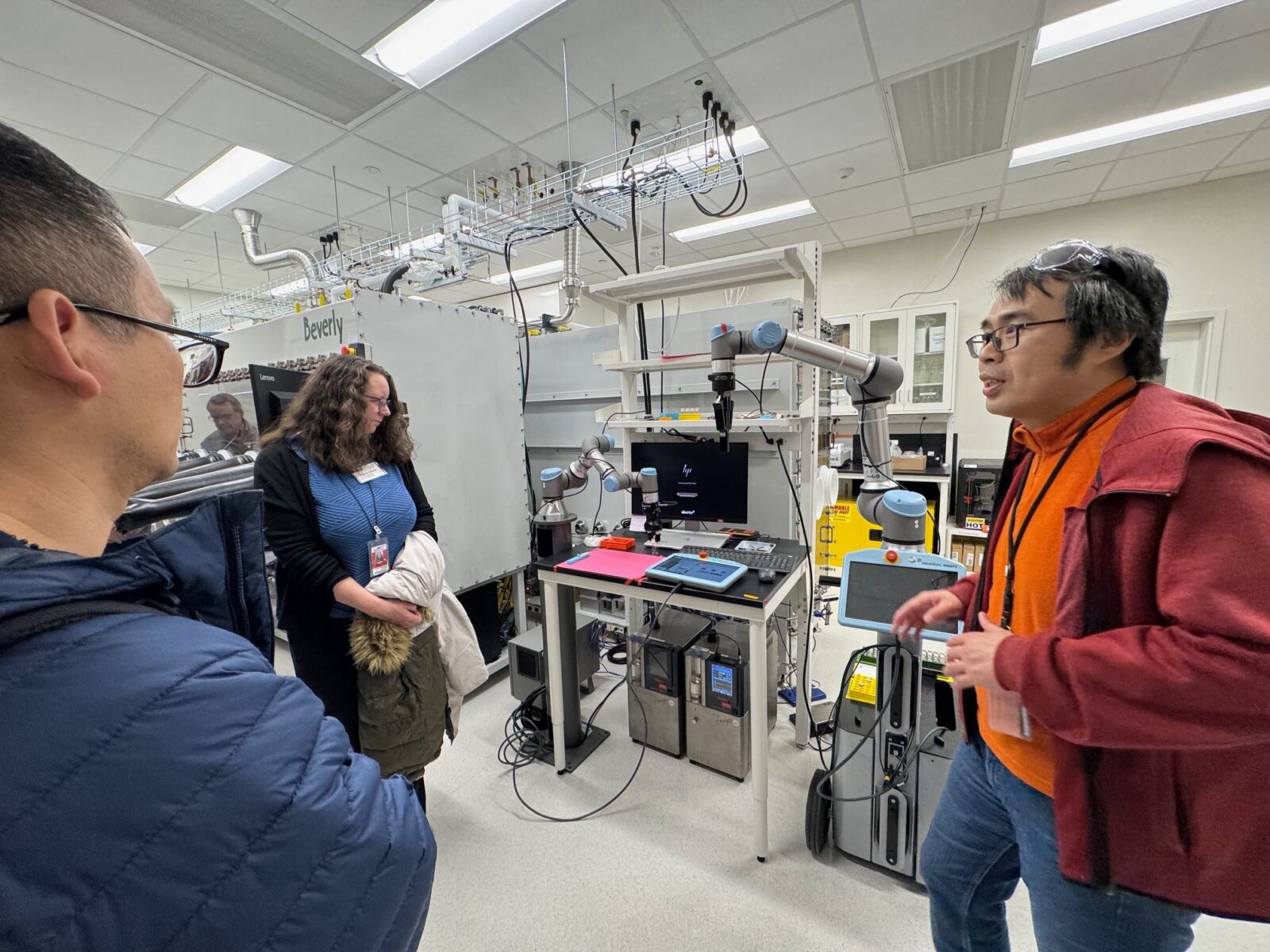
Those experiments continue, and researchers are enthusiastic about the long-term possibilities of this initiative.
BCI Technology and Innovation Summit – Each year at the BCI Convention + Power Mart Expo, BCI brings together the industry’s leading technologists and researchers to discuss and compare areas of research and innovation. These sessions include technical papers on lead, sodium, flow, and zinc battery technology, and innovative research techniques applicable to all battery chemistries.
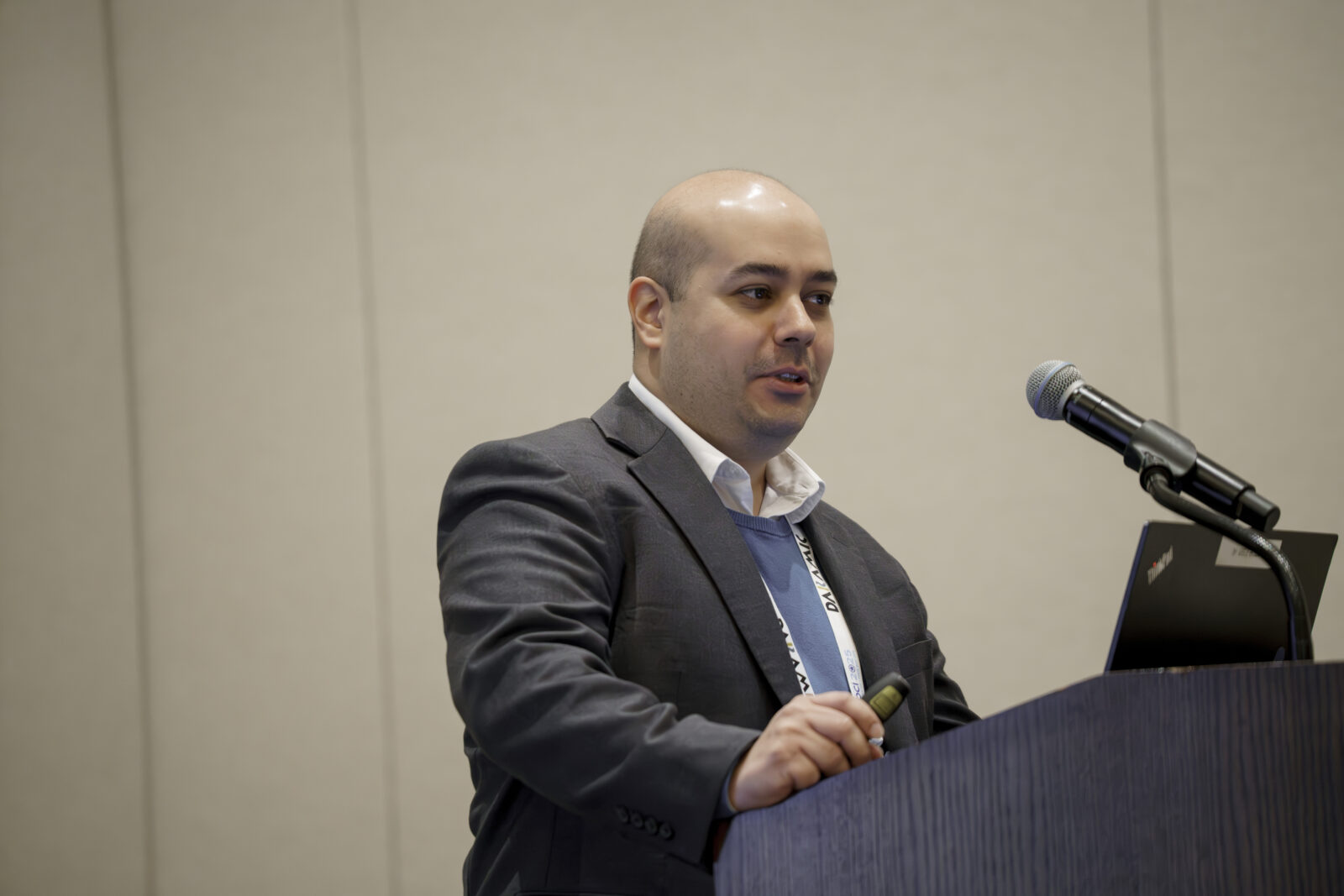
At the BCI Convention + Power Mart Expo in San Antonio this May, a number of BCI and ABRG members, academic researchers, and National Laboratory experts, explored potential advancements in battery technologies through technical papers and presentations. Continued research diversification across battery chemistries represents an important shift in the industry as companies look to alternative energy storage solutions.
Continued Partnership with DOE – BCI and ABRG will be well-represented at the DOE Office of Electricity’s Peer Review in McLean, Va., in August. The yearly event brings the researchers at U.S. National Labs forward to discuss work with attendees and raise important areas of battery innovation. This is always an important point of contact with the DOE program managers to better understand the forward-looking focus of the Office of Electricity, but given broader changes in funding and oversight it is critical for BCI and ABRG to continue the long-term partnership with DOE and renew its focus on bringing the opportunities of next-generation battery technology to the attention of public sector stakeholders.
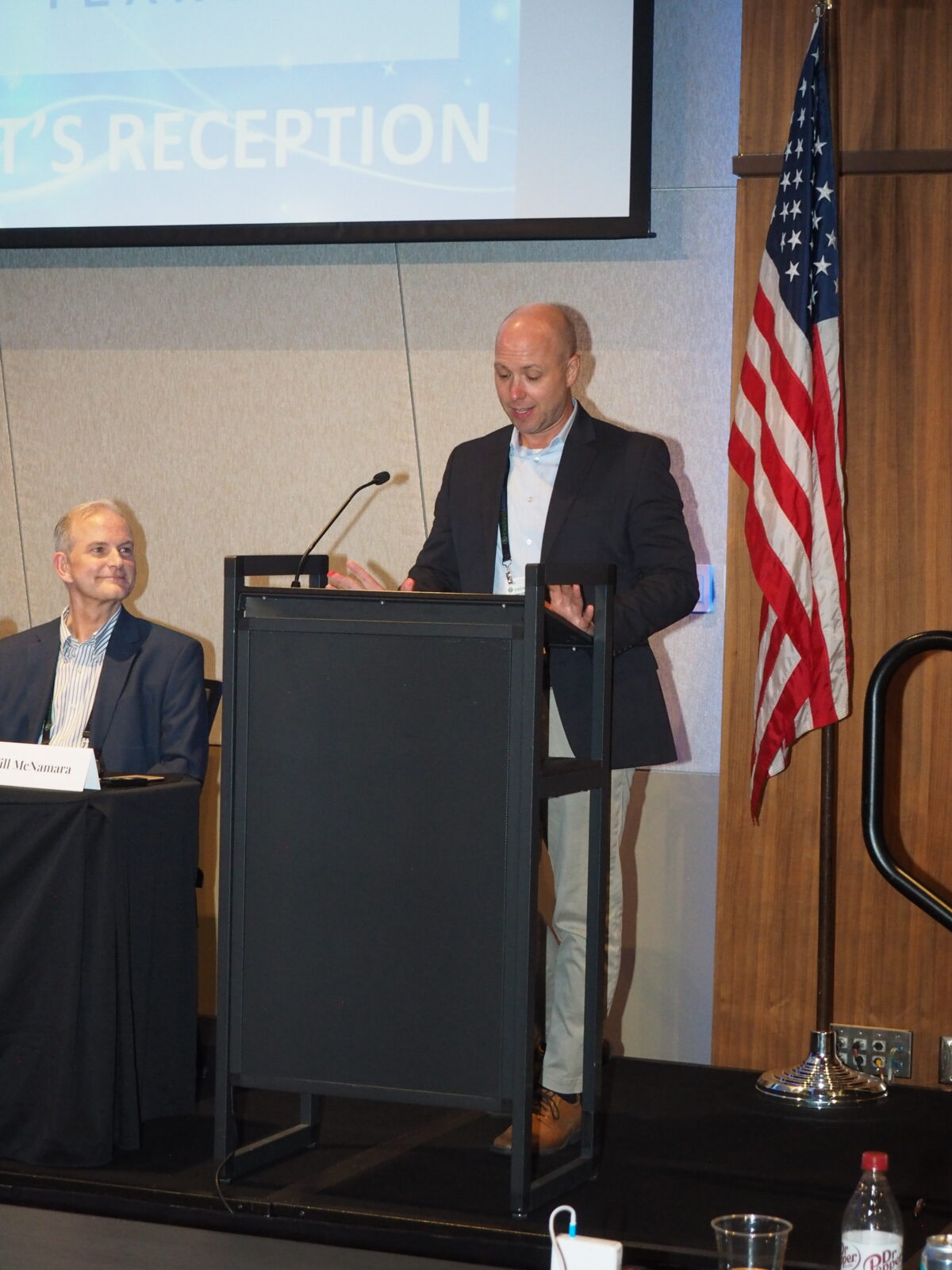
Learn more about the American Battery Research Group and how BCI continues to support industry-led innovation in energy storage technology.

